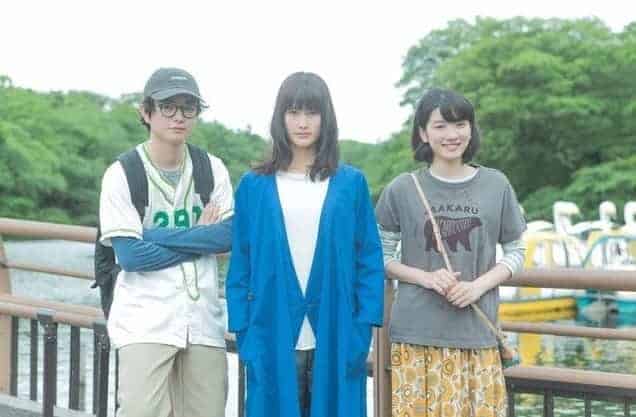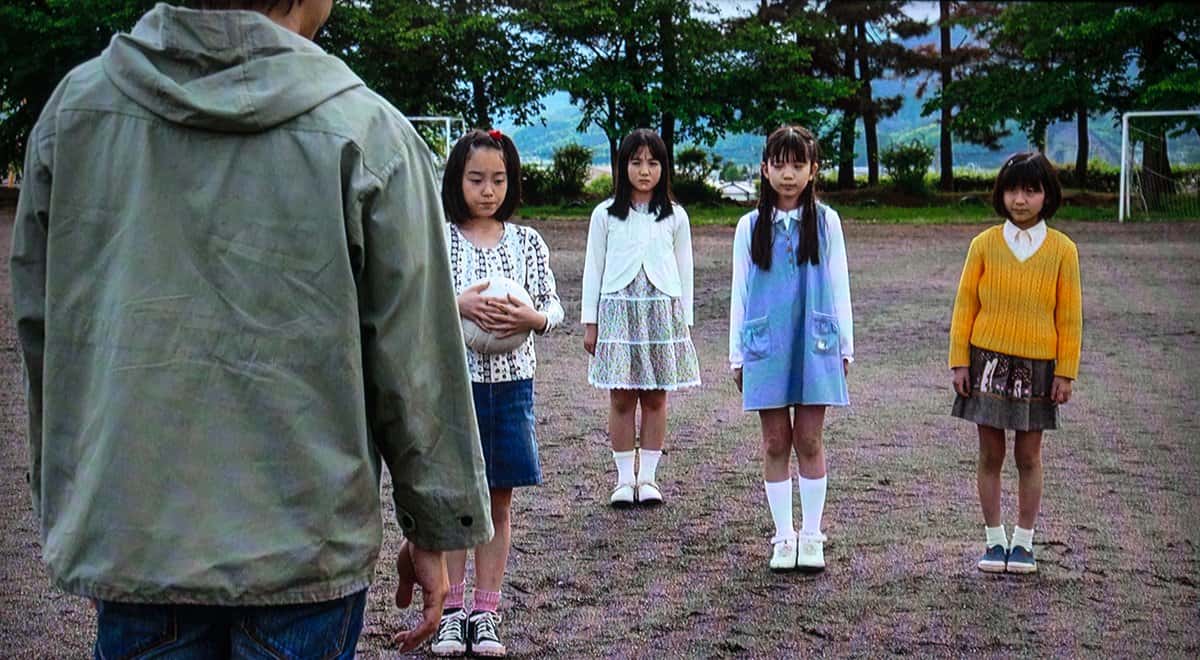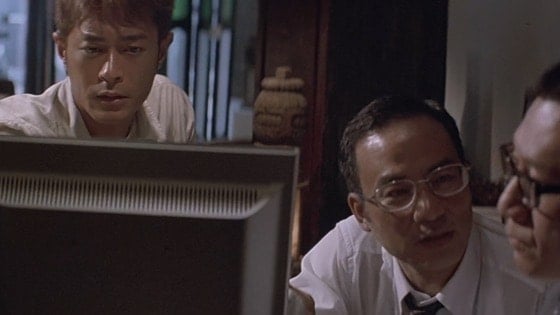“Parks” was shot to celebrate the 100th anniversary of Inokashira Park in Tokyo, Japan, but Natsuki Seta, although she used the place as the main setting (and as a protagonist for that matter), did not just stay in that topic, but created a wonderful story that takes advantage of the park's beauties to the fullest.
Parks will screen at Camera Japan, that will be on in Rotterdam 21-24 September and Amsterdam 29 September – 1 October

Jun is a university student who is a bit lost in her life, particularly because she does not seem to have a purpose, which, consequently, presents problems with her thesis, as she cannot find a subject to write about. One day, and totally out of the blue, she meets Haru, a high school girl who, having discovered a picture of her recently deceased father depicting the apartment Jun lives in, comes to check on it. In an almost surrealistic way, the two girls become friends, joined by the common cause of discovering the relationship between Haru's father and the woman in the picture. In their search, they stumble upon the woman's grandson, Tokio, who informs her that she passed away recently. Their search though, makes the young man curious, and while searching in his grandmother's stuff, he comes across a recording of her and Haru's grandfather.
The three of them realize that their relatives were a couple during university days, and that they had recorded a song, which, unfortunately, is half-finished. The whole concept inspires the three of them to record the song anew, with Jun as the singer, Haru in charge of lyrics and Tokio, who works at a music studio, as back up vocalist and tech expert. Furthermore, Haru decides to write a novel about the whole story. Since their meeting happens in Jun's place, which is near Inokashira Park, the three of them use the place as inspiration, while they discover they significance it had for their relatives.
Natsuki Seta directs (as quoted in the film) a story about music rediscovered in a park, and in the process manages to present a very beautiful film, with extremely likeable characters, whose quirkiness, and the way they end up being friends will definitely put a smile on its audience's face.
The narrative follows a kind of happy-go-lucky approach, which, sometimes, stretches the borders of reality, in a tactic, though, that seems to benefit the general style of the modern fairy tale Seta implements. Some drama is not missing, with the most part of the film, near and after the live, being dramatic, but the general premise remains one of a subtle comedy, in distinct Japanese style. The occasional flashbacks that depict the lives of the protagonists' relatives follow the exact same fashion
The beauties of the park have a protagonist role in the film, with Yasuyuki Sasaki's cinematography painting Inokashira in colors of magnificent beauty, highlighting the pleasures a natural environment can offer in an extreme urban setting, as is Tokyo. The cherry trees, the pond, the forest, even the man singing with his guitar for money provide a great setting that fits the general aesthetics of the movie perfectly.
The acting is also on a very high level, with all the protagonists depicting their characters in a way that makes them very likeable, despite their different styles. Ai Hashimoto as Jun presents the disoriented millennial, who has no clue of what she wants to do in her life, with the search and the song providing an anchor she desperately needs in her life. Mei Nagano as Haru has the distinct style of the artist-novelist, with her transformation from a cheerful, happy girl to a melancholic one being one of the highlights of the film. Shota Sometani as Tokio is great as he captures the social-media obsessed, nerdy, extremely-happy-to-spend-time-with-girls nature of his character to perfection.
“Parks” is a great sample of Japanese indie drama, with the benefit the park offers elevating it much above the general standards of the plethora of films of the genre.















